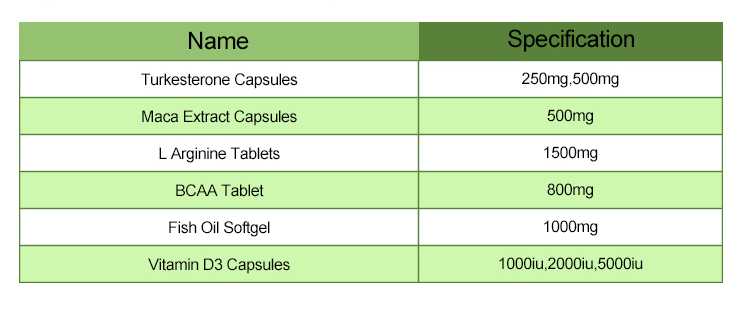Research on Vitamin D3 capsules covers various aspects, including their efficacy, dosage, benefits, side effects, and potential applications in different health conditions. Here’s a breakdown of what comprehensive research on Vitamin D3 capsules might entail:
Efficacy and Dosage: Studies investigate the effectiveness of Vitamin D3 supplementation in raising serum Vitamin D levels in individuals with deficiency or insufficiency. They also explore the optimal dosage to achieve and maintain adequate Vitamin D levels. Research often includes randomized controlled trials (RCTs) comparing different dosages and formulations of Vitamin D3 capsules.
Health Benefits: Research examines the role of Vitamin D3 in various aspects of health, including bone health, immune function, cardiovascular health, mental health, and cancer prevention. Studies investigate whether Vitamin D3 supplementation can reduce the risk of fractures, improve muscle strength, enhance immune response, lower the risk of chronic diseases, such as heart disease and certain cancers, and alleviate symptoms of depression and other mental health disorders.

Safety and Side Effects: Comprehensive research evaluates the safety profile of Vitamin D3 supplementation, including potential adverse effects and toxicity risks associated with high doses. Studies assess the tolerability of Vitamin D3 capsules and investigate any adverse reactions reported by participants in clinical trials or observational studies.
Population Groups: Research explores the impact of Vitamin D3 supplementation on different population groups, including infants, children, adults, pregnant women, older adults, and individuals with specific medical conditions, such as osteoporosis, diabetes, autoimmune disorders, and cancer. Studies investigate whether certain groups may benefit more from Vitamin D3 supplementation or require tailored dosing regimens.
Mechanisms of Action: Studies elucidate the mechanisms underlying the physiological effects of Vitamin D3, including its role in calcium absorption, bone metabolism, immune modulation, gene expression, and cellular signaling pathways. Research may involve laboratory experiments, animal studies, and clinical trials to understand how Vitamin D3 exerts its biological effects at the molecular level.
Comparative Studies: Research compares Vitamin D3 capsules with other forms of Vitamin D supplementation (e.g., Vitamin D2, intramuscular injections) or alternative sources of Vitamin D (e.g., sunlight exposure, fortified foods). Comparative studies assess the bioavailability, efficacy, and cost-effectiveness of different Vitamin D formulations and delivery methods.

Long-term Effects: Longitudinal studies investigate the long-term effects of Vitamin D3 supplementation on health outcomes, mortality risk, and disease progression. Research tracks participants over extended periods to assess the sustained benefits and potential risks associated with continuous Vitamin D3 intake.
Clinical Guidelines and Recommendations: Based on the available evidence, expert panels and health organizations develop clinical guidelines and recommendations regarding Vitamin D3 supplementation, including dosage recommendations for different population groups, screening criteria for Vitamin D deficiency, and strategies for monitoring Vitamin D status and treatment response.
Overall, comprehensive research on Vitamin D3 capsules provides valuable insights into their efficacy, safety, and potential health benefits, informing clinical practice and public health recommendations regarding Vitamin D supplementation.
